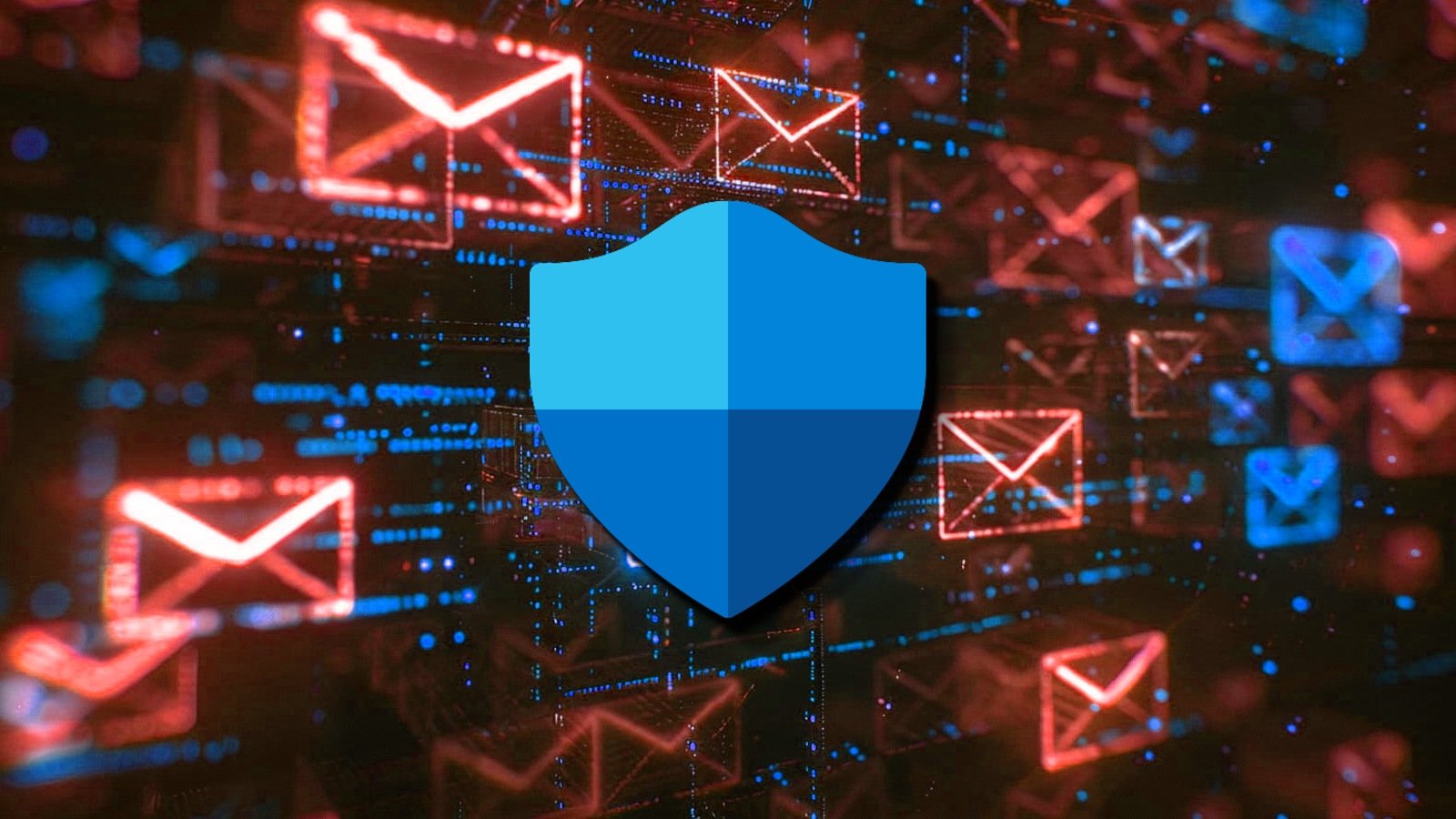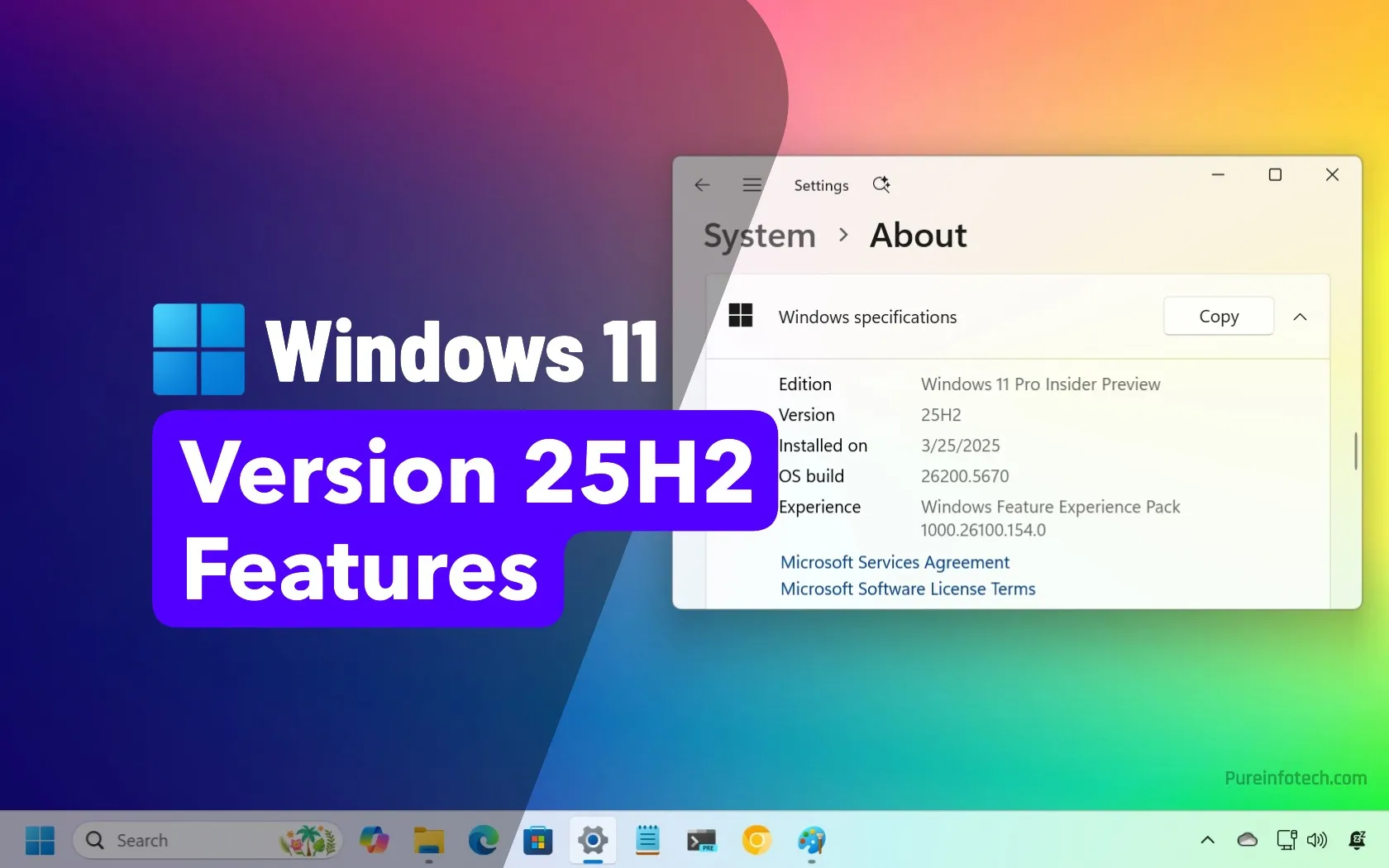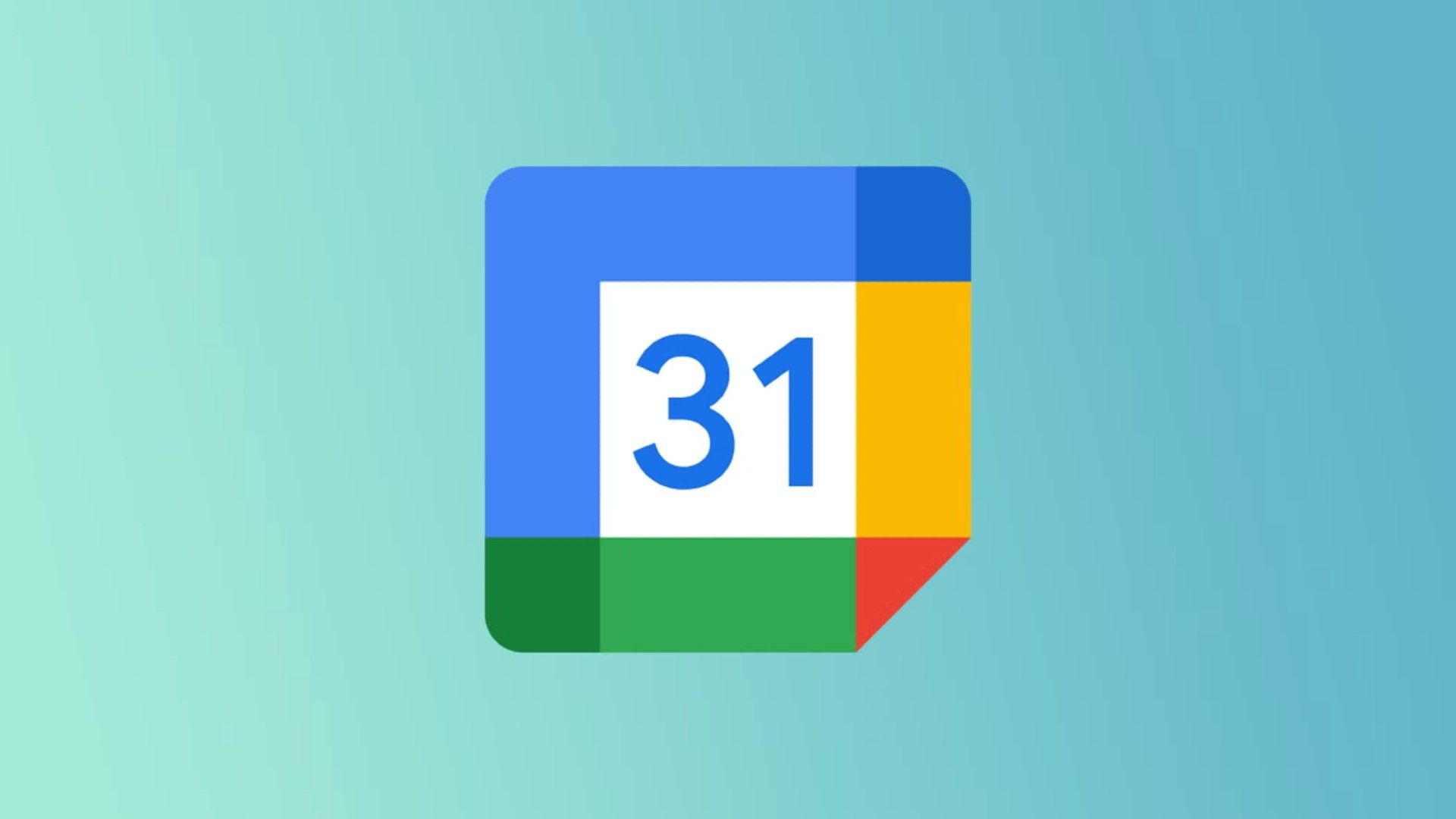Are Mobile Hotspots Secure? (Are They Safer Than Public Wi-Fi?)

Are mobile hotspots secure? Well, they can be if you take proper precautions. Otherwise, you’re exposing yourself to the same dangers as using the local free Wi-Fi. Cyber attackers can use various tools and exploits to steal payment data and logins.
This article reviews the risks of using a mobile hotspot and the signs that someone might be trying to hack your connection. We also list several ways to boost your hotspot security, whether through the default settings or third-party apps like VPNs.
Finally, we compare mobile hotspots vs public Wi-Fi to see which is more secure before addressing common questions.
Common risks of using mobile hotspots
Here are some risks you have to deal with when it comes to mobile hotspots:
- Unauthorized access: If you share or have weak passwords, there’s always the risk of a bad actor accessing your network and causing havoc.
- Data interception: Without decent encryption and a healthy password, hackers may use packet sniffers to capture sensitive logins or financial details.
- Malware infections: Allowing untrusted devices to connect to your mobile hotspot may open the door for dangerous malware.
- Overuse of mobile data by unknown users: Beyond the obvious dangers, someone could run up your data bill without you realizing it.
Considering these risks, how can you tell if your mobile hotspot is already compromised? Read on for the details.
Signs your mobile hotspot might be compromised
- Unexpected devices appearing in the connected list
- Rapid mobile data consumption without explanation
- Slower-than-usual internet speeds
- Receiving alerts for failed login attempts or device warnings
- Unusual activity on accounts accessed via the hotspot
How to make your mobile hotspot more secure
Whether on public Wi-Fi or a mobile hotspot, you can stick to HTTPS websites, use two-factor authentication, and connect using a trusted VPN to encrypt your data and make it unreadable to malicious third parties.
WANT TO TRY THE TOP VPN RISK-FREE?
NordVPN is offering a fully-featured risk-free 30-day trial if you sign up at this page. You can use the VPN rated #1 for mobile hotspots with no restrictions for a full month. Keep your connections secure and never worry about hackers and other snoopers again.
There are no hidden terms—just contact support within 30 days if you decide NordVPN isn’t right for you and you’ll get a full refund. Start your NordVPN trial here.
VPNs have the added benefit of protecting you against so-called Evil Twin hotspots. In this scenario, an attacker creates a network similar to your local public Wi-Fi or the default mobile hotspot name on most devices. Say, “CoffeShop_WiFi” or “iPhone.”
Once you’ve connected to one of these “evil twins,” hackers have free rein to intercept your data, monitor your activity, and potentially steal sensitive information like passwords and credit card details. A VPN prevents this by encrypting your connection, which is a great safety net if you choose the wrong hotspot.
Even with default settings, you can still take steps to protect your hotspot. Here’s how to do it on Android.
How to secure a hotspot on Android
- Access your device settings and tap Connections.
- Select Mobile Hotspot and Tethering, then press Mobile Hotspot.

- Here, you can change your Network name (aka SSID) and Password. Choose a strong password and change your SSID. Preferably to something that doesn’t give away your device model, just in case hackers know of an undiscovered vulnerability.
- Tapping on any of the two fields reveals an extra Security option. Tap it and choose WPA3-Personal for the best encryption available. Note that some older devices may not be able to connect to your hotspot while this is active.

- Tap Save, and you’re all set.
Unfortunately, iPhone hotspot security settings are more limited than Android, offering fewer customization options. You can change your iPhone’s hotspot name to reduce the risk of evil twin attacks; otherwise, options are minimal.
Other than that, remember to update your software and system regularly to get the latest vulnerability fixes, and you shouldn’t run into any trouble.
Are mobile hotspots safer than public Wi-Fi?
Unless adequately secured, both mobile hotspots and public Wi-Fi are vulnerable to man-in-the-middle attacks (MITM), eavesdropping, and similar threats.
However, with a personal hotspot, you have complete control over the security settings, including password strength and encryption. On public Wi-Fi, you can’t control who connects to the network or what security measures are in place, making public Wi-Fi far riskier for sensitive activities.
Mobile hotspots typically use WPA3 encryption, which is a significant step up from the outdated WPA2 protocol found on many public Wi-Fi networks. Public hotspots often have weaker encryption (or none for your typical free Wi-Fi), making them more vulnerable to hackers.
Moreover, businesses may use free Wi-Fi to track your online behavior or serve you ads. Besides the obvious invasive tracking, ads can be irritating or downright dangerous if the ad networks are malicious.
Mobile hotspots are way safer (and more private) than public Wi-Fi, especially if you follow all the advice in this article.
Are mobile hotspots secure? FAQs
Is using a mobile hotspot secure?
Using a mobile hotspot is secure if you configure it properly with WPA3 encryption and a strong password. Weak security settings or unsecured hotspots expose your connection to risks like unauthorized access and data interception.
Is a hotspot protected?
You can protect a hotspot by using strong encryption (WPA3) and a unique, complex password. Without these measures, unauthorized devices can connect and compromise your data. Always use the proper security settings to keep your hotspot protected.
Can viruses transfer through a hotspot?
Viruses can’t transfer directly through a hotspot, but malicious devices connected to your hotspot can infect other devices. If someone connects a compromised device, it could spread malware or other threats. Monitor and secure any devices that connect to your network. We recommend using an antivirus where possible.
Can a mobile hotspot be hacked?
Hackers can breach a mobile hotspot if you use weak passwords or outdated security settings. They may exploit vulnerabilities (such as the KRACK exploit for WPA2 encryption) to access your data. Use strong encryption, update your software regularly, and monitor connected devices to minimize the risk of hacking.
Is it safe to share a hotspot with a stranger?
Sharing a hotspot with a stranger is risky. They could access your data or bring malware into your network, even if they aren’t aware of it. Secure your hotspot with a strong password and encryption, and avoid sharing it with people you don’t trust.
Are mobile hotspots secure for work?
Mobile hotspots can be secure for work if you configure them with WPA3 encryption and a good password. For extra security, use a VPN to protect your privacy and sensitive data. Avoid connecting to untrusted devices when working to maintain security.
See also:
Source link








